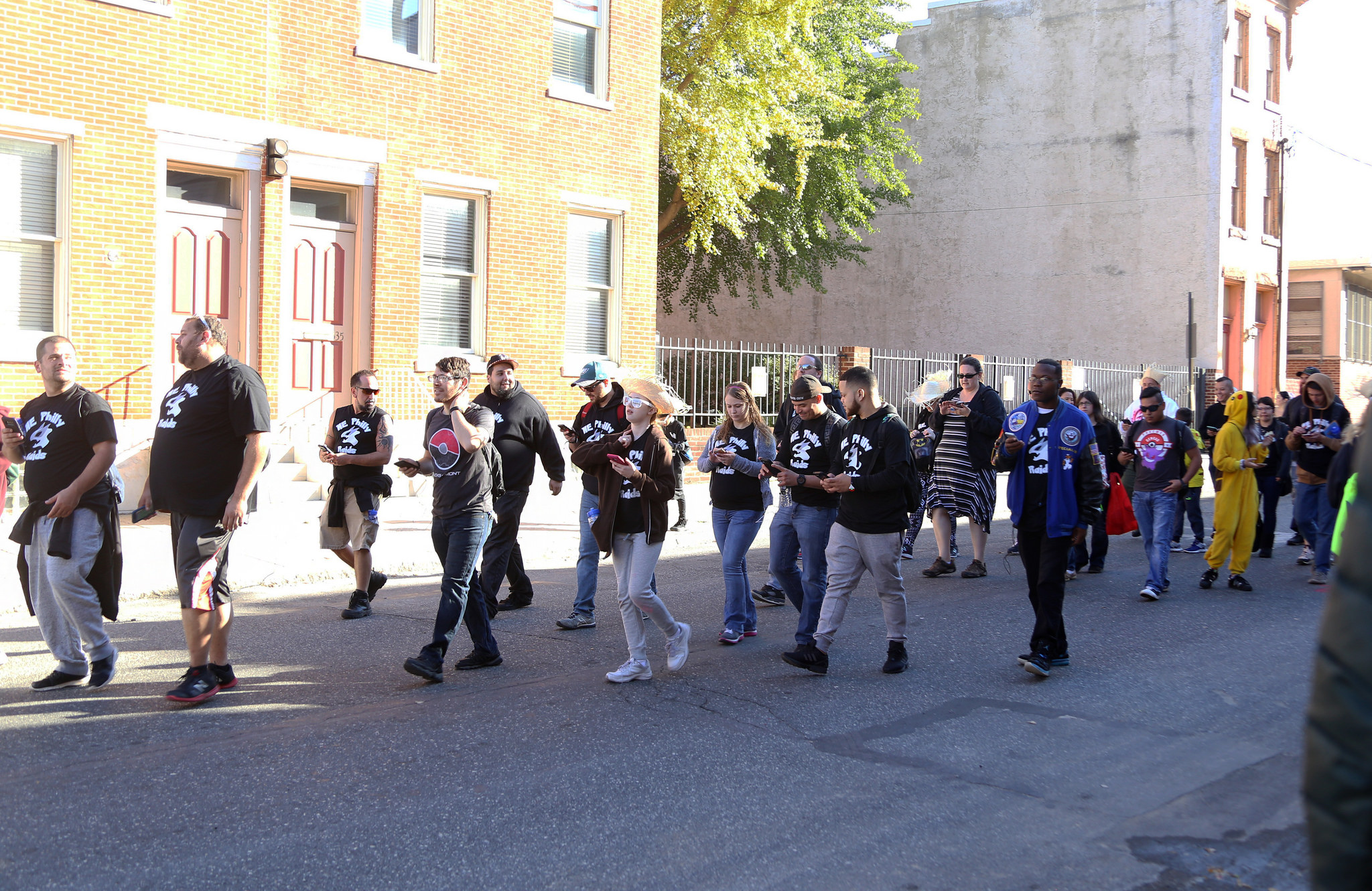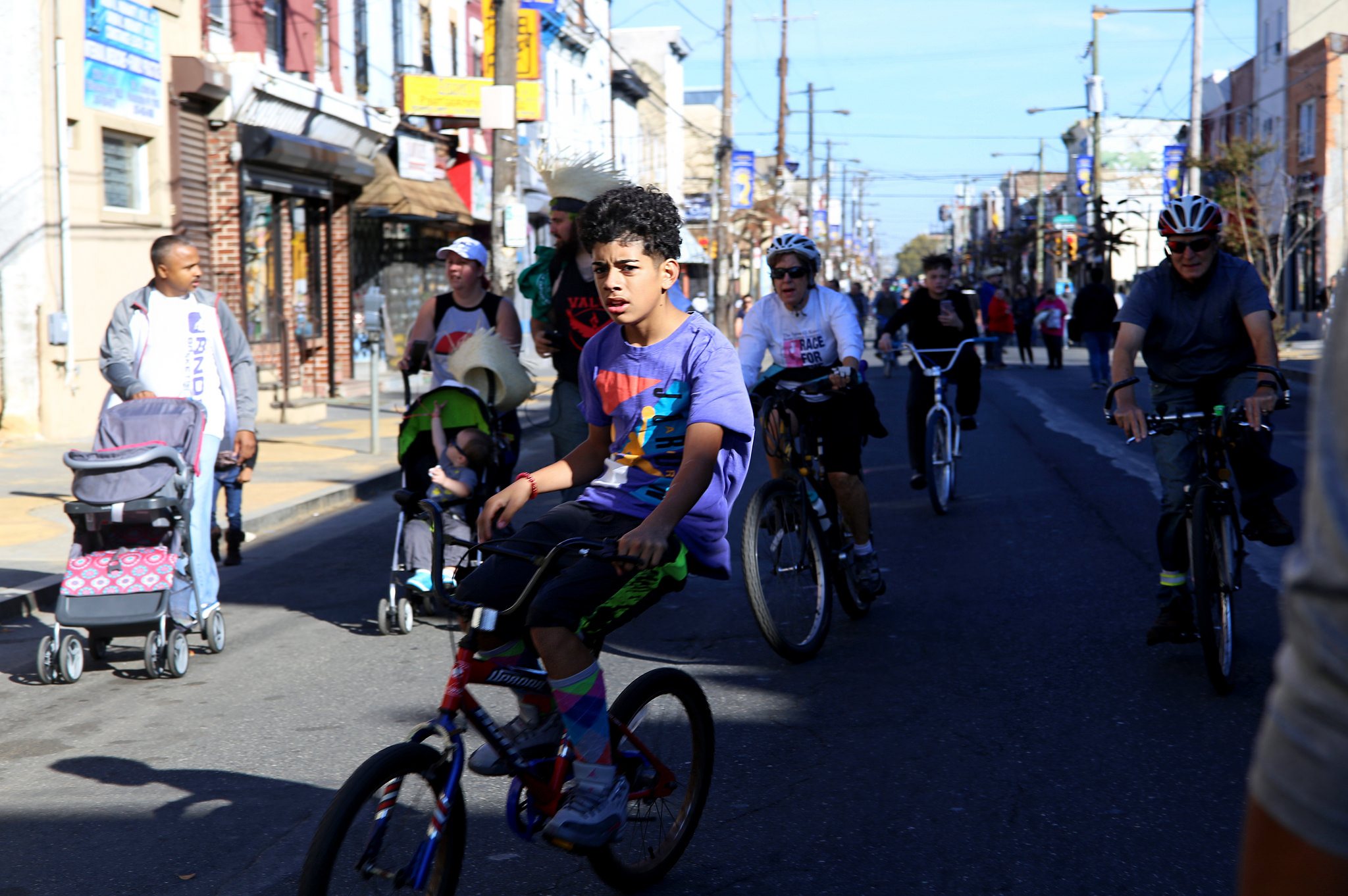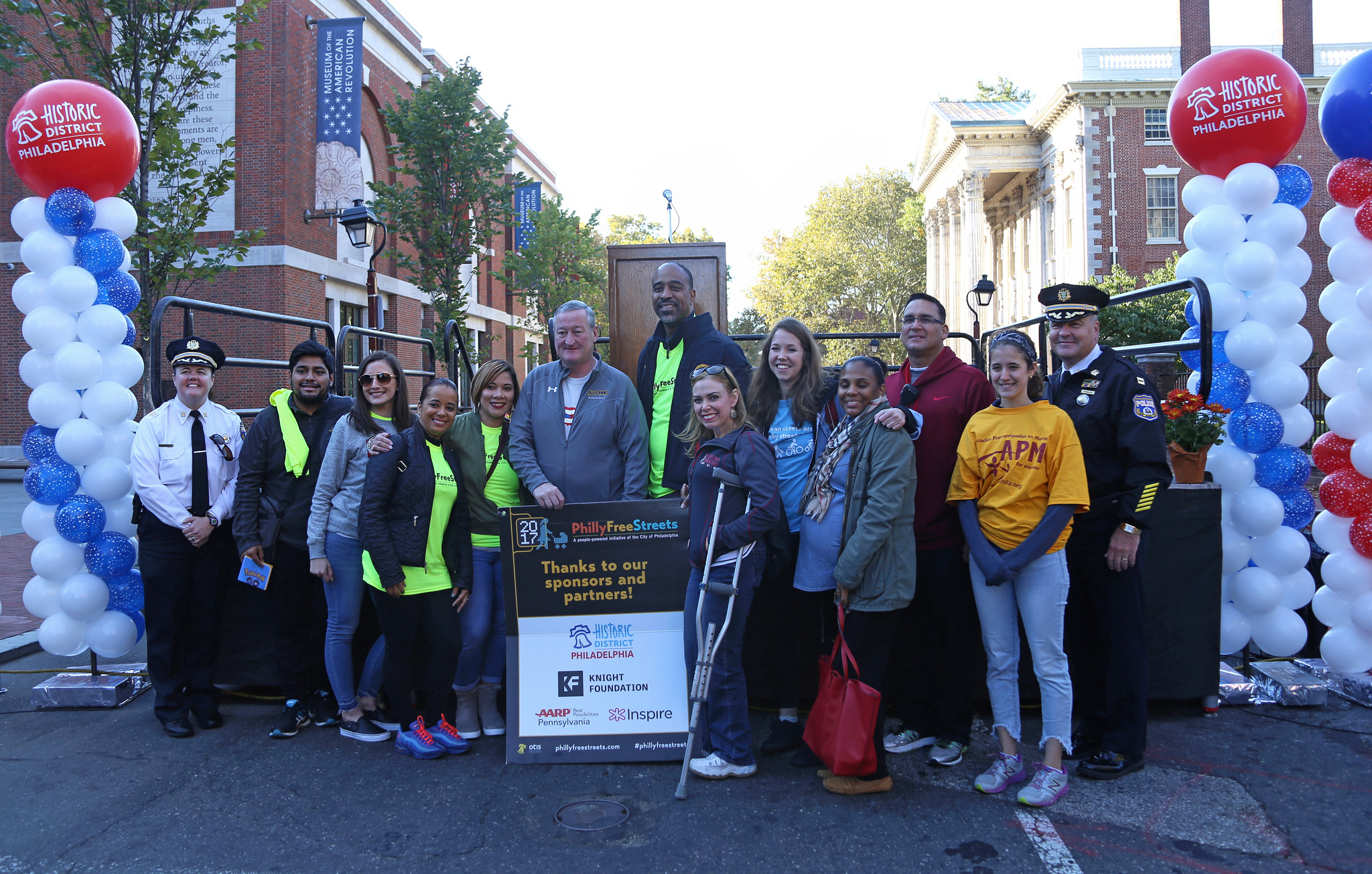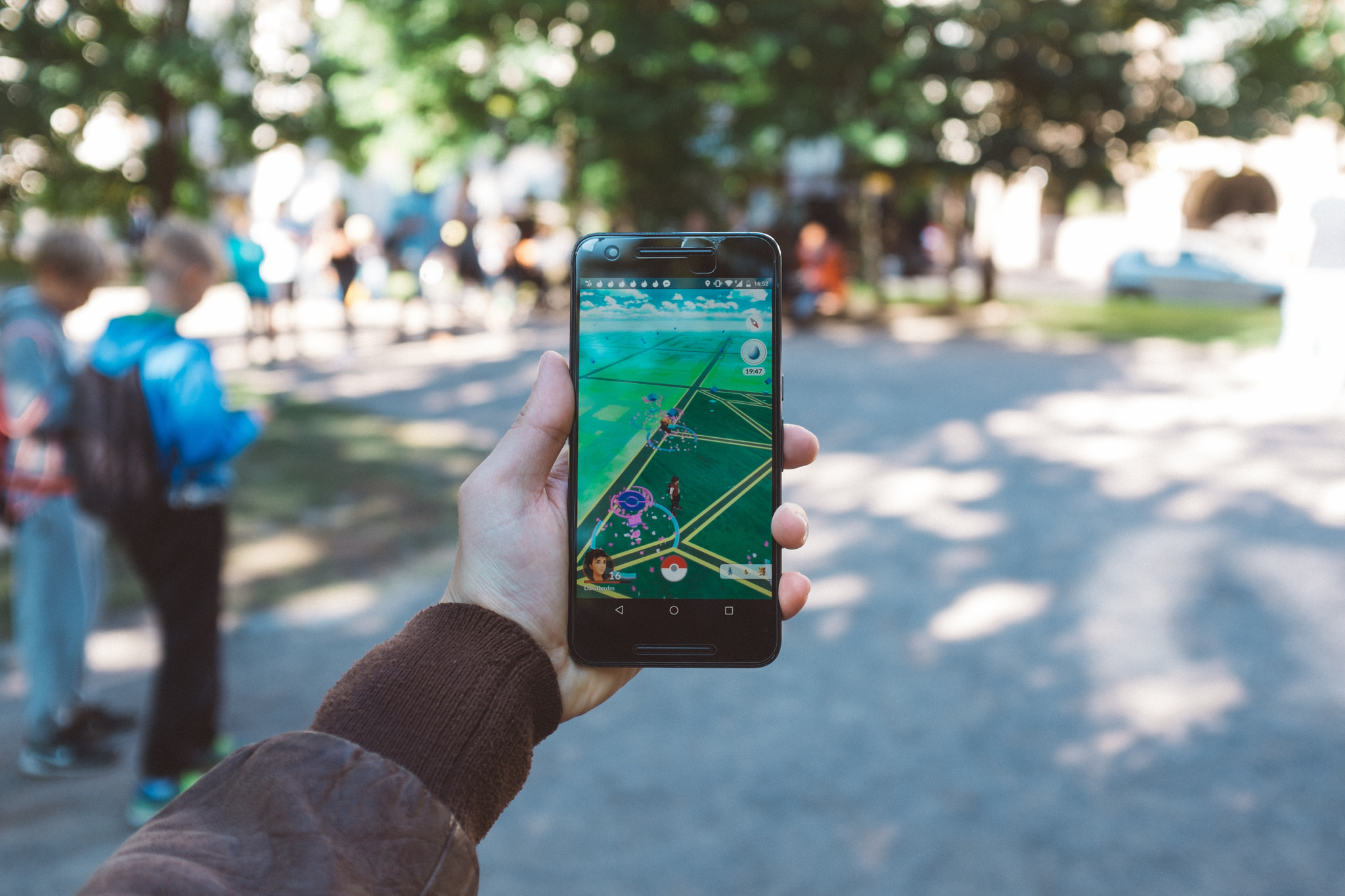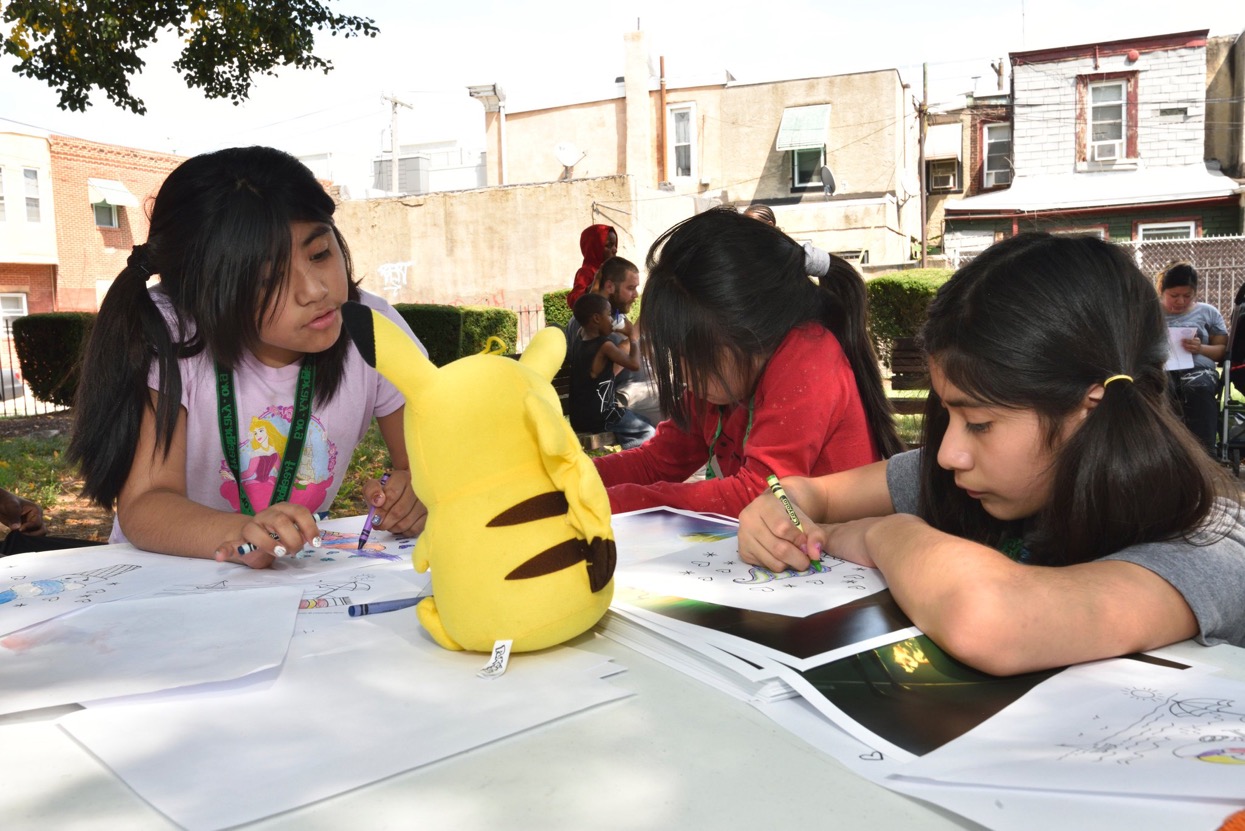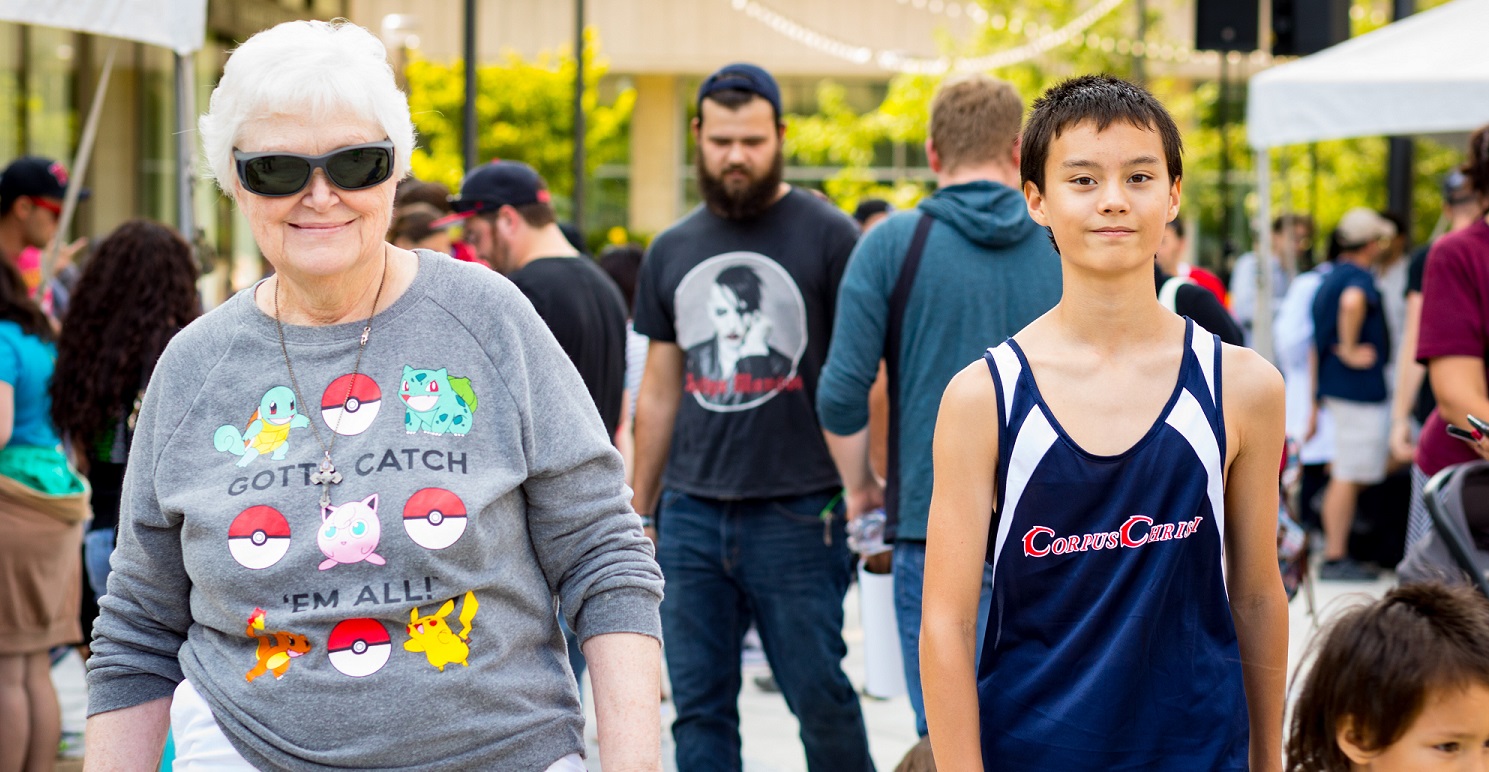AKRON, Ohio – Jan. 9, 2018 – To improve neighborhood life and support Akron’s future growth, Summit Metro Parks today announced $785,000 in new support from the John S. and James L. Knight Foundation. The funding will go to projects focused on transforming two parks near downtown Akron: $600,000 to develop the pump house at Summit Lake, and $185,000 to repurpose the historic barn at the former Valley View Golf Course, which is now part of Cascade Valley Metro Park.
“Engaging people in creating the places where they want to live, work and play is vital. Downtown Akron is gaining steam, and this effort will help connect more neighborhoods to this revival,” said Kyle Kutuchief, Knight Foundation program director for Akron.
“Parks are for everyone, and every neighborhood needs places for residents to meet and connect. With this support, Summit Metro Parks can ensure that every part of the county – including Akron – has public spaces they deserve,” said Lisa King, executive director of the park district.
Summit Metro Parks will work to build connections between these neighborhoods and downtown, building on efforts by the City of Akron to prioritize these two neighborhoods for development.
Metro Parks will work directly with neighborhood residents to design and program the sites. The projects will aim to ensure that the city’s growing network of public spaces is design by and for all Akronites, and that the city’s revival is shared across allneighborhoods, including with residents in public housing near Summit Lake and the immigrant population in North Hill close to Cascade Valley.
Summit Lake
Last year, Summit Metro Parks created a pop-up nature center at Summit Lake inside the Reach Opportunity Center (390 W. Crosier St., Akron). A part of the city’s Reimagining the Civic Commons project, a national initiative supported by Knight Foundation and other funders, the nature center was recognized as the top environmental and interpretive program in Ohio by the Ohio Parks and Recreation Association.
King said the pump house – where water was pumped to cool equipment for local industries in the mid-20th century – will eventually become the permanent home for educational and recreational programs like the ones the park district first introduced at Summit Lake in 2017. She added that the future outreach center at the pump house could also include meeting space for community organizations and serve as a reading center, arts center and more.
Before it was home to amusement parks in the early 1900s, Summit Lake was located along a transportation route for Native Americans, and later canal boats. It was a onetime source of Akron’s drinking water, but pollution from local industries affected the economics of nearby neighborhoods, and use of the lake was discouraged.
King said Summit Metro Parks is thrilled to be part of the area’s revival and to support residents.
Valley View
The Valley View Area is a 194-acre property that connects Cascade Valley and Gorge Metro Park in Cuyahoga Falls with Sand Run Metro Park in Akron. Its purchase in 2016 formed the second largest natural area managed by Summit Metro Parks, at just under 1,700 acres, and offers new ways to access the Cuyahoga River and the multipurpose Ohio & Erie Canal Towpath Trail, both of which are near the property’s western boundary.
Before it was a golf course, Valley View was a farm from the 1880s until the 1950s. It has been described as the last dairy farm in Akron. The barn was retained during construction of the golf course and became the clubhouse. Summit Metro Parks has identified the historic structure as a place worth restoring. The park will include opportunities for hiking, biking, kayaking and more.
The barn will be used as a welcome and nature center to introduce inner-city youth, immigrants and others to nature and help to create the next generation of park users, King said. Already, Cascade Valley Metro Park sees countless visitors from North Hill, Akron’s “melting pot.” The neighborhood includes immigrants and refugees from countries like Bhutan, Nepal, Uzbekistan, Syria and Iraq.
Though the district doesn’t have a timeline for the opening of the pump house and Valley View Area barn, King said both facilities will allow Summit Metro Parks to further improve its outreach efforts as the organization nears its 100th anniversary in 2021.
Support for this project forms part of Knight Foundation’s efforts to leverage public spaces and civic assets such as parks, recreation centers, libraries and more to promote inclusion and foster vibrant, connected communities. Knight has made several investments in this area including the national $40 million Reimagining the Civic Commons initiative, which includes Akron as one of five U.S. demonstration cities.
About Summit Metro Parks
Headquartered in Akron, Ohio, Summit Metro Parks conserves, sustainably manages and values natural resources for the health and enjoyment of the community, and inspires people to connect with nature through clean and safe parks. Resources include 14,300 acres, 16 parks and more than 125 miles of trails, with 22.4 miles of the popular Ohio & Erie Canal Towpath Trail. Annual attendance averages 5 million visits.
About the John S. and James L. Knight Foundation
Knight Foundation is a national foundation with strong local roots. We invest in journalism, in the arts, and in the success of cities where brothers John S. and James L. Knight once published newspapers. Our goal is to foster informed and engaged communities, which we believe are essential for a healthy democracy.
CONTACTS:
Nathan Eppink, Chief of Community Engagement, Summit Metro Parks, 330-865-8040 x215, [email protected]
Anusha Alikhan, Director of Communications, Knight Foundation, 305-908-2646, [email protected]
